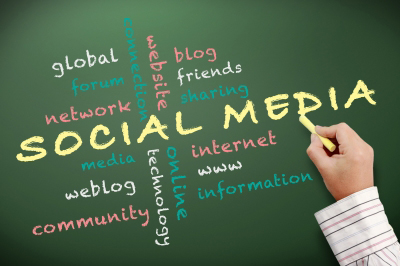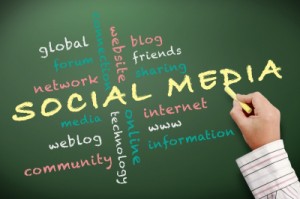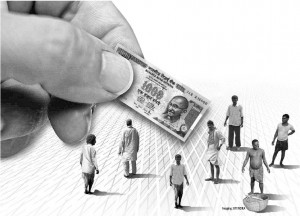In the roman mythology, janus is known as the god of beginning and transition, peace and war. It is perhaps an apt metaphor for social media that seems to have acquired a ubiquitous presence in the modern world. The networked population of the world has grown from ‘low million’ in the 1990s to a ‘low billion’ in the first decade of 21st century.
One objective of education is knowledge acquisition in a domain, leading to deeper comprehension, mastery, creativity and value creation. This objective includes building of power of reasoning and expression. Another objective is learning for sheer joy of it because learning is so self satisfying. A third objective is self development-character building or inner maturity and self awareness about body mind emotion and inner strength.
An alien who first visited planet earth in early 11th century and went to see the first university in Bologna. If this alien has to come back to an institution of higher education in the 19th century what change it would have found? not much! Hardly anything changed in the context of formal education in 900years. Not only the constituent elements- a teacher, some learners, a classroom, learning content and examination and some form f certification persisted, even the way of education didn’t go much change and remained teacher led and didactic. It is only in the 20th century, with internet becoming easily accessible and cost effective and mobile telephony becoming ubiquitous that delivery of learning experiences is undergoing innovation.
When I am using the term social media I am not referring to famous platforms like facebook or twitter alone, instead I use the term to mean any ICT-based community where user generated content can be co-created, shared, discussed and republished. Best example is the one we are using now.
As I mentioned above the objectives of education, as far as first objective is concerned, conversation and collaboration are two essential ingredients of deeper comprehension. Only when we discuss and debate, become aware of different perspectives and apply our knowledge practically do we understand the topic of study well and gain self-confidence. Social media also provides an effective platform for developing the power of reasoning and expression. Conversations, discussions and heated debates done on discussion forums, or as ‘comments’ posted under a nugget of learning content lead to better understanding. Multimedia nature of social media allows expression in varied ways. Even for non-formal learning like cultivating a hobby, new media offers a plethora of learning resources in multiple formats to suit different type of learners. Enthusiasts share their knowledge, best practices and tips. I myself have learnt many dishes and knitting by watching videos from YouTube.
Seth Godin has put has put it in his book, “stop stealing dreams-what is school for?” schools are not about “collecting dots, but about connecting dots”. Social media can help the learners connect the dots.
Skeptics of social media in education also include many teachers and parents, who believe that just like television and video games social media has just added piles of distractions that compete for learners’ attention today. They also worry about the added problems of wrong influence, undesirable peer pressure, bullying and time wasting that sometimes happen on social media. Among the naysayers is American author Nicholas Carr. Who in his book, “the shallows: what internet is doing to our brains?” argues that while internet improves our cognitive ability to skim and scan, it diminishes our intellectual capacity to concentrate and contemplate. Internet gradually makes us incapable of long form reading and long hours of intellectual focus.
Of course social media can’t be considered a panacea for education. There is no algorithm of learning and we need to be conscious of the downsides of deploying social media in education. The concept of social media is complex and multidimensional. True it displays the characteristics of the mythical god janus which has two contrasting aspects to it. This makes it all the more imperative to discuss, debate and understand its various aspects.
With these words, wish you a stimulating reading and 88 i.e. bye bye in the Chinese social media lingo!





19 Comments. Leave new
Well explained!
Well written Satarupa. Social media indeed, has greatly influenced education in many ways, both positive and negative!
Every thing has positive and negative.. Like that social media is also have some positive as well as negative.. It all depend on how individuals.. Good work..!
Well written…
superbly done. very good.
Informative article !!!
amazingly written.. Social media have pros and cons, it depends on our way of using it..
well researched
nice article
very well expressed!!
well articulated 🙂
Good work!!…very well written
nice 🙂
nice
well put
good one.
great…
nice one
great one!